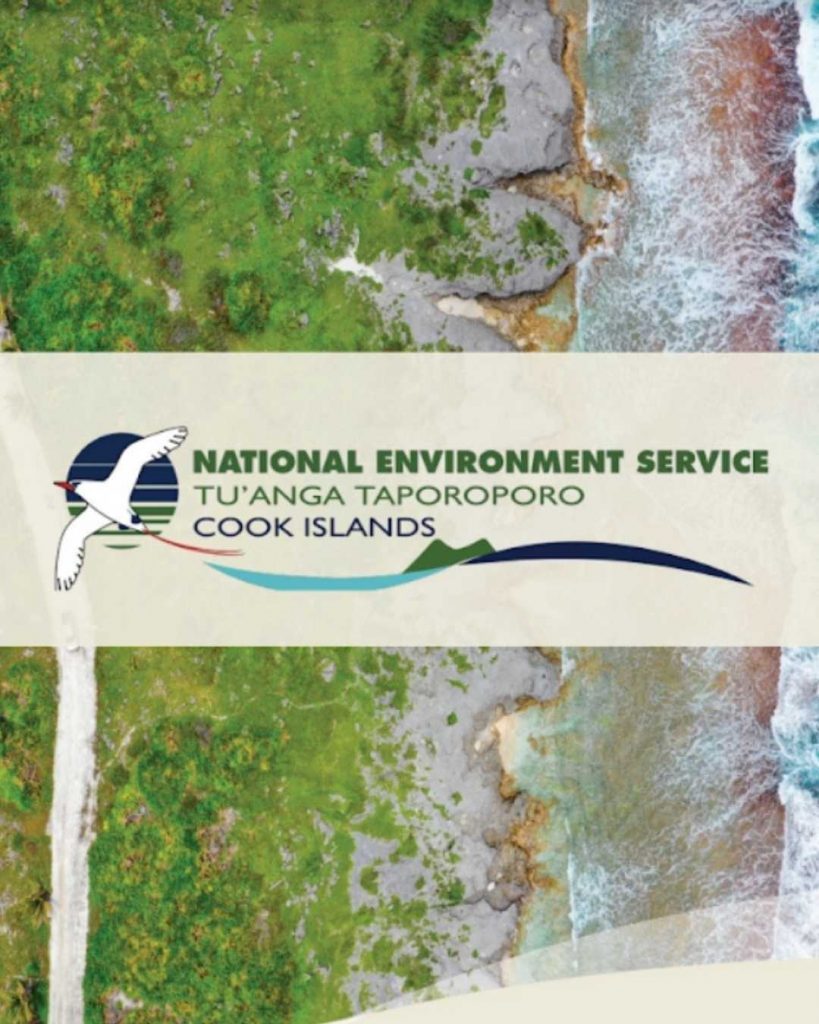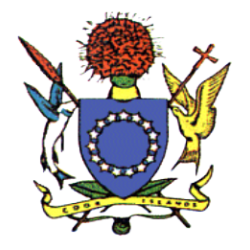The United Nations Environment Programme (UNEP), with support from the Government of Japan, successfully concluded the Mekong-Pacific Project’s final closing session, marking the culmination of a year-long initiative aimed at enhancing plastic pollution management in Asia and the Pacific.
Over the past year, six Cook Islands government officials participated in this series of training and knowledge-sharing sessions, fostering regional collaboration and capacity-building in addressing plastic pollution. The closing session presented the key outcomes of the program, highlighting innovative strategies and best practices that can be implemented across participating nations.
The closing session – the fifth meeting of the series was held on the 5th and 6th of March, 2025 in Bangkok, Thailand. Tekura Moeka’a, who attended the closing session noted the stark absence of environmental education in the Cook Islands’ curriculum.
Ms Moeka’a notes her key takeaway is “the significant role that education, awareness, and citizen science play in driving meaningful change. While most of the presentations were research-based, highlighting the substantial resources needed to collect and analyze data, a noticeable trend emerged in the case studies presented—there was a greater representation of studies from Asia compared to the Pacific. Despite this imbalance, what stood out was the undeniable impact of education and citizen science initiatives. These efforts not only increased public engagement but also empowered communities to contribute to scientific research and environmental conservation, demonstrating that informed and active participation can lead to tangible outcomes.”
The Cook Islands has taken commendable steps in promoting education, awareness, and citizen science through various initiatives. Programs like World Cleanup Day and Environment Week have successfully engaged communities in hands-on activities, fostering a sense of environmental stewardship. These initiatives encourage individuals to take responsibility for their surroundings by participating in waste collection, recycling efforts, and awareness campaigns.
Local NGOs such as Te Ipukarea Society and Muri Environment Care have played a vital role in environmental advocacy, citizen science, and conservation projects. They organize community-led efforts to monitor ecosystems, restore natural habitats, and educate the public on pressing environmental issues such as climate change, marine pollution, and biodiversity loss. Another key initiative led by Te Korero o te Orau, focuses on storytelling as a way to preserve traditional knowledge and integrate cultural perspectives into environmental conservation.
Despite these efforts, there is still room for growth. A more structured approach—such as integrating environmental education and citizen science projects into the school curriculum—could strengthen long-term awareness and action. By embedding sustainability topics into science, social studies, and practical outdoor learning experiences, students could develop a deeper understanding of their role in environmental stewardship from an early age. Schools could also partner with NGOs to offer hands-on learning experiences, such as monitoring coastal health, collecting data on local biodiversity, and participating in community clean-ups as part of their coursework.
Expanding these initiatives and making them more systemic could help create a culture where environmental responsibility is second nature, ensuring a lasting impact across generations.
In conclusion, the Cook Islands extends it gratitude to the Government of Japan and UNEP’s ongoing commitment to supporting countries in developing effective policies and practices to reduce plastic waste and protect marine and terrestrial ecosystems.







